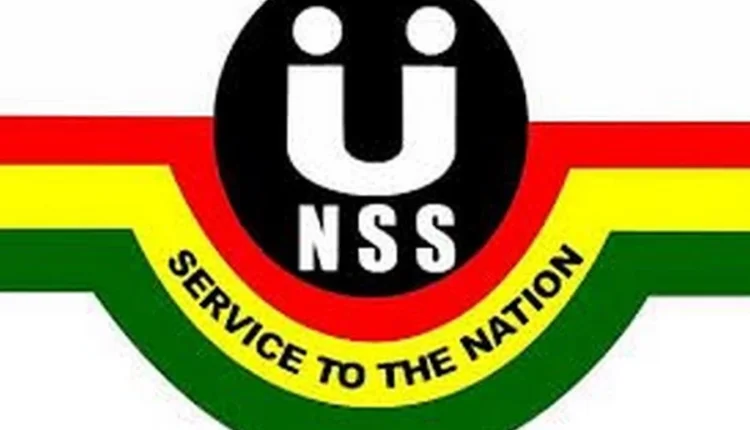The National Service Scheme (NSS) has dismissed criticisms of its intention to assign personnel to foreign countries as part of its new decade-long policy.
In an interview, the Scheme disclosed plans to send personnel to various countries, including Nigeria, the UK, and the US.
This announcement has elicited a range of reactions, with some stakeholders accusing the scheme of straying from its mandate and failing to address persistent issues, such as the payment of personnel allowances.
Ambrose Esaah, the Director of Corporate Affairs at the NSS, clarified that the Scheme is exploring partnerships with several countries, including India, the US, the Gambia, and the UK, among others.
He defended the idea of involving personnel in exchange programmes.
“I don’t think there is anything wrong with it. All the universities have official exchange programmes with universities outside Ghana. So sometimes during their sabbatical leave, they go there officially to understudy some special innovations and projects and then they come back…So why can’t national service also have a similar one,” he stated.
Meanwhile, Parliament’s Education Committee has unveiled a plan for national service personnel to be deployed to The Gambia.
This initiative is a collaboration with the Gambian government and the national service authority.
The recent passage of the National Service Authority Bill 2024 has led to this development. A clause in the bill, which allows fresh graduates to be sent overseas has raised brain drain concerns.
Peter Nortsu-Kotoe, the committee’s ranking member, clarified in an interview with Citi News in Accra on Friday that the exchange programme’s funding would come from the World Bank and the Gambian government, not the Ghanaian government.
“For now, that is what’s on the table. So until they decide to go elsewhere, on the request of that country it can be considered. But it is not part of the Act that they should go to Gambia, no. It is not this government that is going to pay, it is the government of the Gambia and the World Bank that are requesting for this.”
“So, it is not us that will pay. If the Gambian government is interested or any other country is interested in employing them. So be it. It will reduce the unemployment level in the country. But they are asking for teachers specifically not other workers,” he stated.
Additionally, Mr Nortsu-Kotoe announced that the bill aims to modify the age limit for the national service scheme.
“We don’t want to limit the national service age to 40. If after 40 you want to do national service, yes you are free to do so 18 years and above. But if you are 40 and you don’t want to do national service you can apply for exemption and you will be granted,” he added.


Comments are closed.